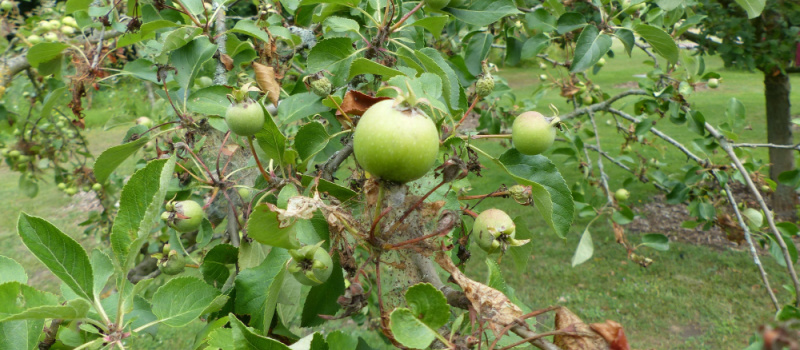The Importance of Vegetation Control During the Winter

When thinking about weeding or taking care of our plants, we tend to imagine warm spring or summer days. However, it is essential to work on vegetation control during the cooler months as well. Focusing on vegetation control during the winter can help prevent several bothersome troubles in your yard when the sunny season comes around again.
The benefits of vegetation control in winter
Vegetation control is the process of removing or keeping vegetation in a particular area. It is often used in agricultural areas to keep crops from being overgrown, but it can also be used in urban areas to prevent the growth of weeds and other unwanted plants. There are many benefits to vegetation control, especially in winter.
- Vegetation control can help prevent the spread of plant diseases.
- It can help improve the appearance of an area and make it easier to maintain.
- Vegetation control can help prevent the spread of pests. By keeping vegetation short, removing debris, and trimming trees and shrubs, you can discourage pests from taking up residence in your yard. A well-maintained landscape is more aesthetically pleasing and can also help reduce the risk of infestation. Pests such as ants, rodents, reptiles, and snails can wreak havoc on your lovely lawn. Vegetarian control can keep those infestations from occurring.
- A thick layer of snow on the ground may look picturesque, but it can cause many problems for homeowners. One issue is that snow can prevent vegetation from getting the sunlight and air it needs to survive. By trimming back trees and bushes, you can ensure that your plants will stay healthy even when there's a foot of snow on the ground.
The problems with uncontrolled vegetation during winter
In the winter, when temperatures drop and days grow shorter, vegetation can become a problem. Uncontrolled vegetation can lead to several problems, including:
- Vegetation can block sunlight from reaching solar panels, reducing their efficiency.
- Dead leaves and twigs can accumulate on rooftops, clogging drains and increasing the risk of ice dams.
- Ice and snow can weigh down tree limbs, causing them to break and fall.
- If there is too much vegetation, it can block sunlight from reaching the ground, which can prevent snow from melting and cause ice to form.
- Vegetation can trap moisture and create an environment that is conducive to the growth of mold and mildew.
- Uncontrolled vegetation can provide a hiding place for rodents and other pests that can damage property and spread disease.
The importance of a vegetation management plan
A vegetation management plan is a key to the success of any land management project. Here are a few tips on how to create a successful strategy:
1. Know your goals. What are you trying to achieve with your vegetation management plan? Are you trying to improve wildlife habitat, control invasive species, or promote native plant growth? Clarifying your goals from the outset will help you create a more effective plan.
2. Understand your ecosystem. Take time to learn about the local plants and animals that call your yard home. This knowledge will help you avoid harming beneficial species and better target troublesome ones.
3. Develop a timeline. When do you need to implement your plan? Will it be a one-time event or an ongoing process? Having a clear timeline will ensure that your vegetation management plan is executed efficiently and effectively.
In conclusion, it is important to control vegetation during the winter for many reasons. Creating a management plan with the help of the friendly experts at The Experinced Gardener can help keep your yard in good shape all year long!


